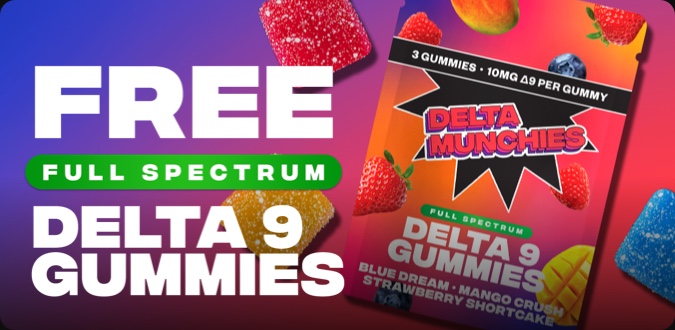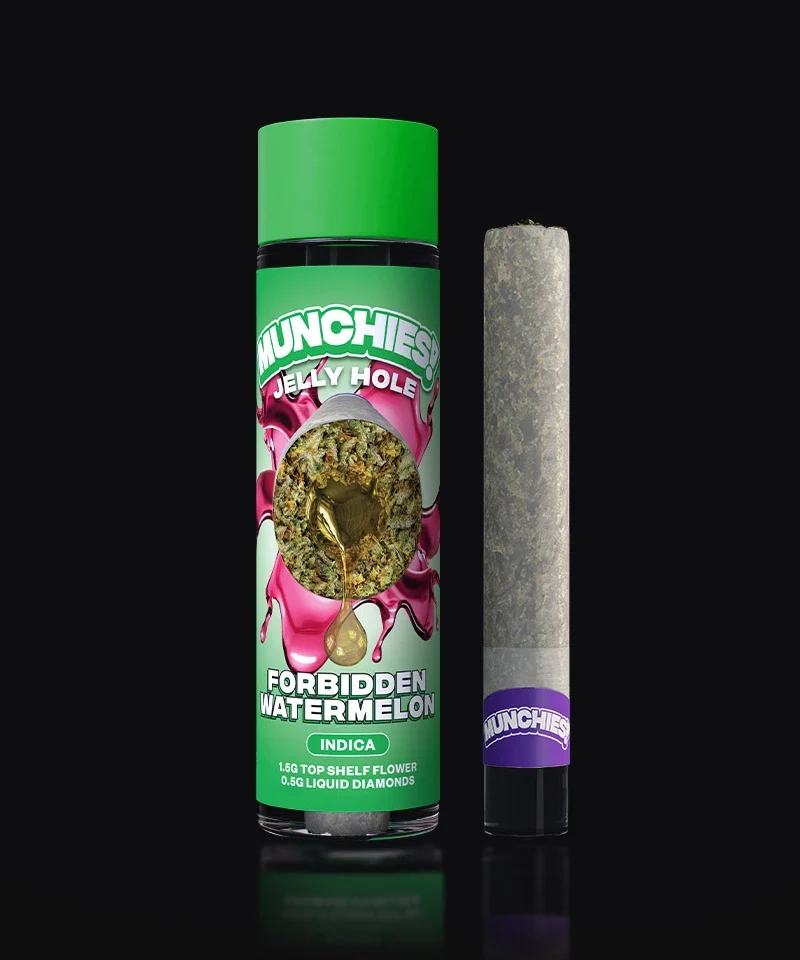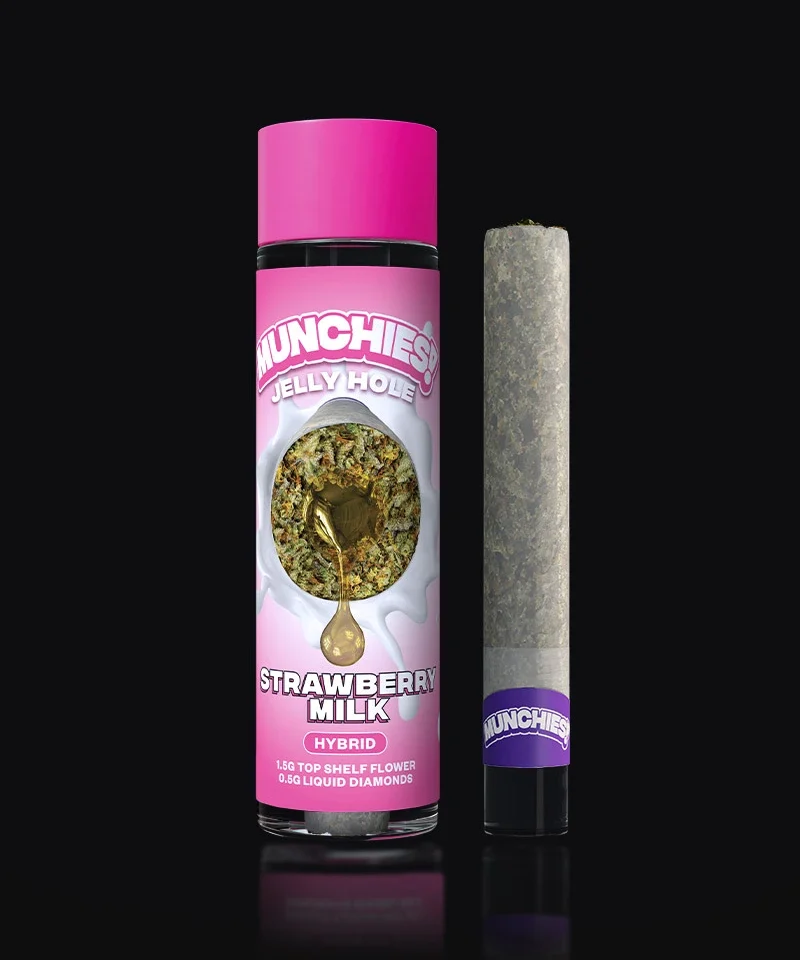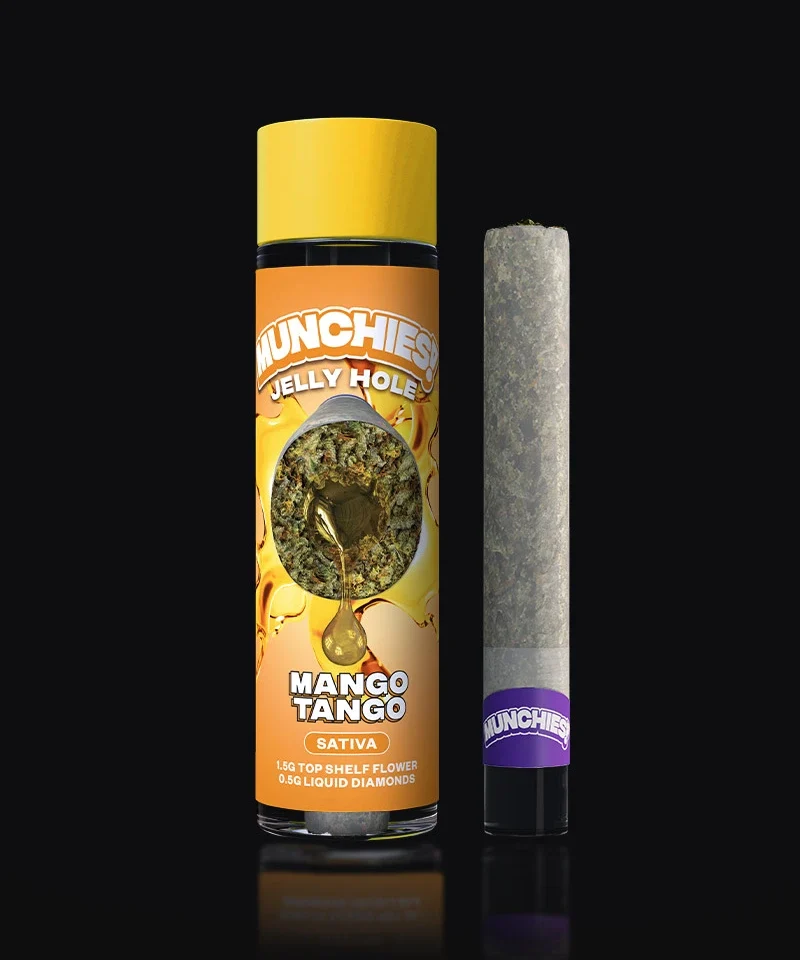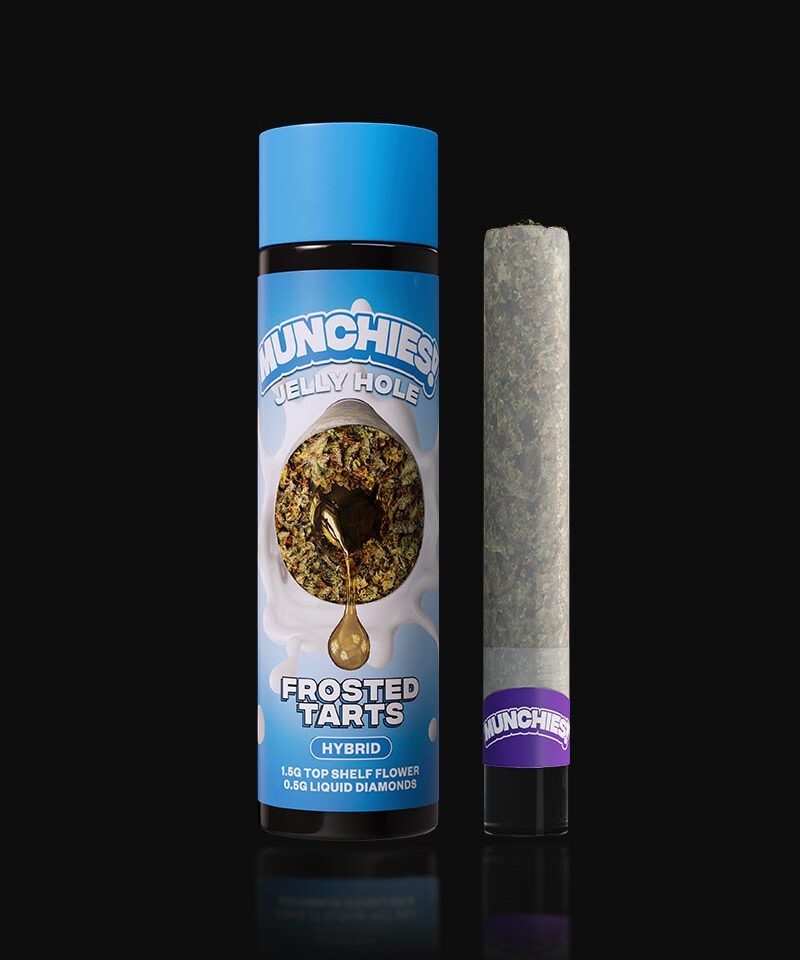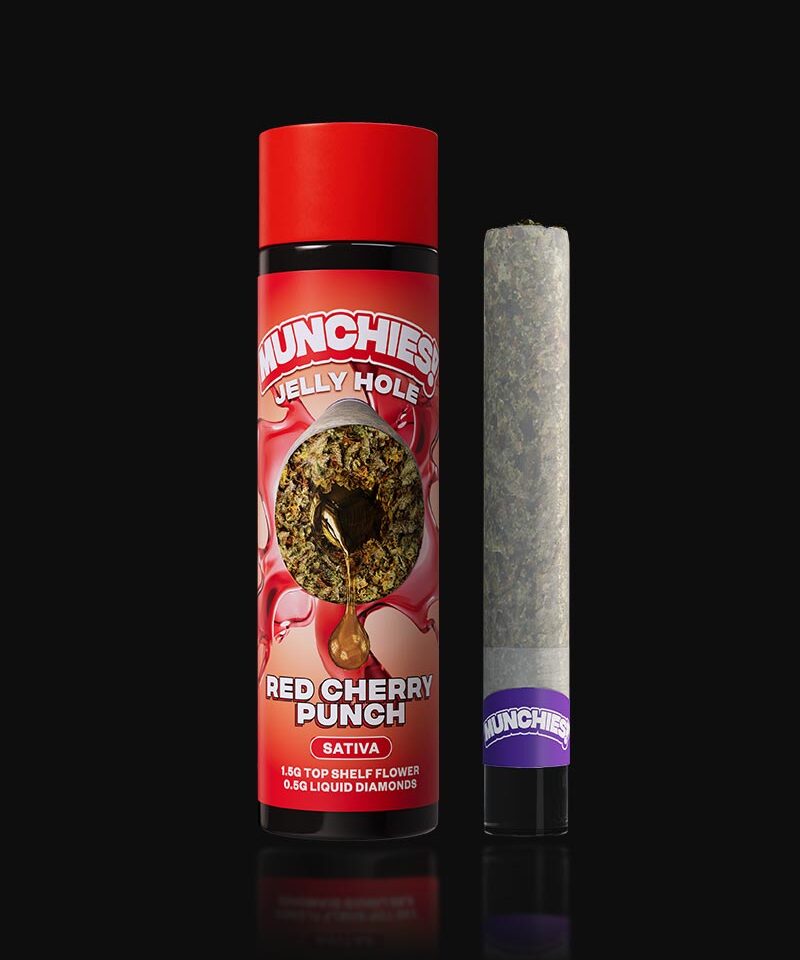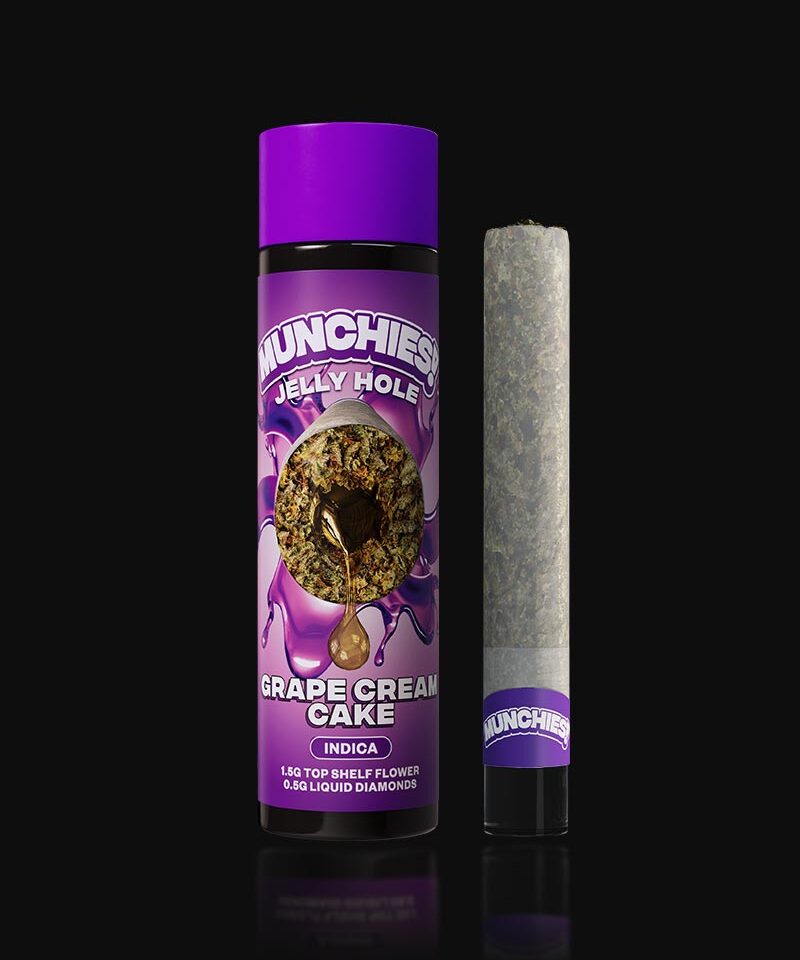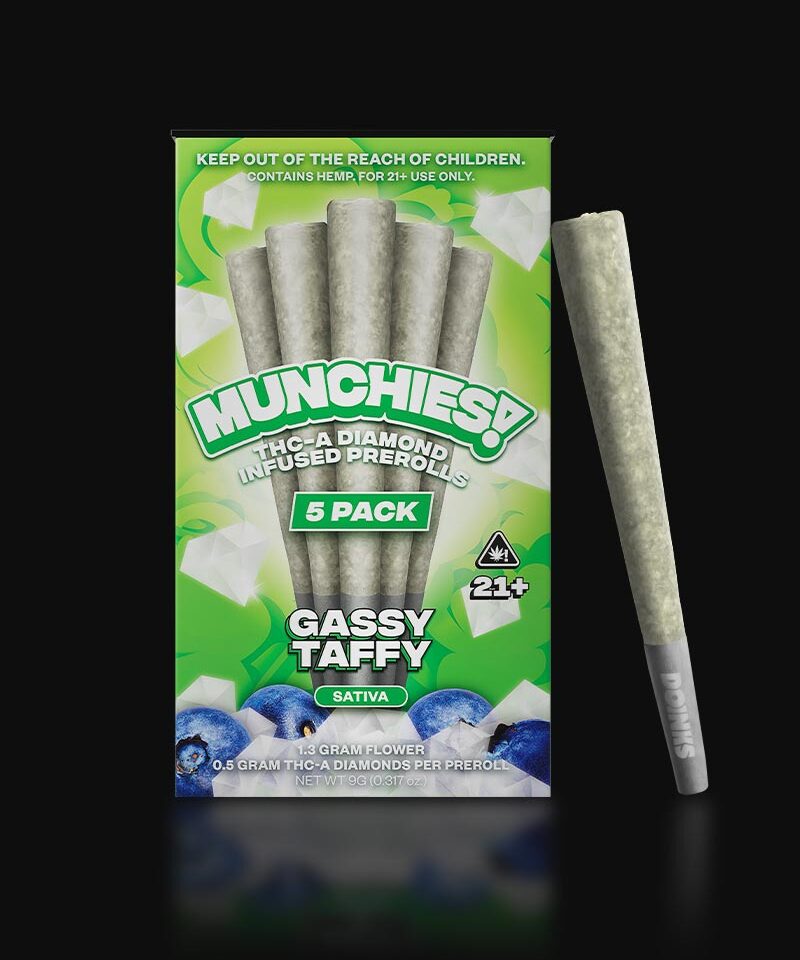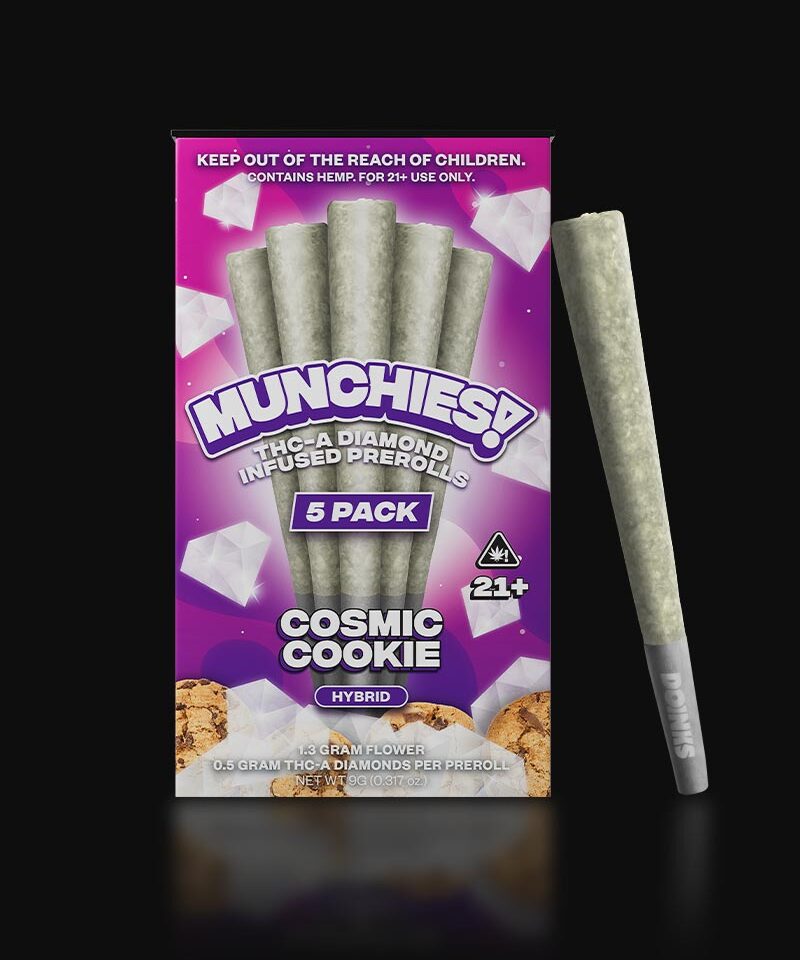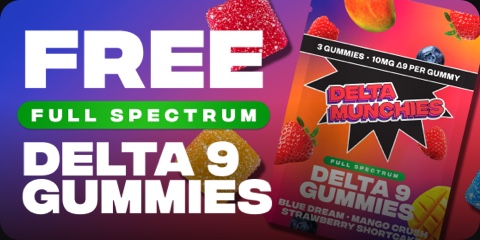Informative
Is THCA Safe?
As sure as the sun rises from the East, cannabis users always have unanswered questions about their beloved herb. It’s normal, after all; why wouldn’t you want to know more about something that makes you fly?
In recent times, cannabis research has expanded, and new compounds have come to light. THC and CBD are the undoubted “poster boys” for cannabis. However, newer cannabinoids with seemingly significant potential benefits are staking a claim: cue tetrahydrocannabinolic acid, or THCA.
The popularity of THCA has grown by leaps and bounds. But even as this happens, there are lingering questions about its safety. This article answers that question and offers more insight into what to expect from THCA.
Contents
Key Takeaways
- THCA is largely safe and well-tolerated by most people.
- It’s the inactive precursor of tetrahydrocannabinol (THC).
- It’s non-psychotropic and doesn’t induce THC’s well-known mental and physical effects.
- When heated, THCA converts into THC via a process called decarboxylation.
What is THCA?
THCA is a non-psychoactive cannabinoid occurring naturally in cannabis. It is prevalent in young cannabis plants and is the tetrahydrocannabinol (THC) precursor. The amount of THCA in a plant typically correlates with its THC content. THCA is unstable and quickly turns into delta 9 THC when exposed to heat.
You could think of THCA as non-carboxylated THC. Carboxylation is the process that removes the carboxyl (COOH) functional group from THCA. And herein lies the fundamental difference between THCA and THC. The former has a carboxyl functional group, while the latter has a hydroxyl (OH) functional group.
This seemingly minor alteration greatly influences how these two cannabinoids affect the human body.
THCA Effects
In its pure form, THCA is non-psychoactive and doesn’t exhibit the psychoactive effects of THC. That’s because it doesn’t bind to the cannabinoid receptors, primarily the CB1 receptor. Think of the receptors as ‘locks’ that can only be opened with the correct key. So, THC ‘opens’ the CB1 receptor, while THCA doesn’t.
The effects of THCA are more pharmacological than physical. In this respect, it is more similar to CBD.
Like most cannabinoids, THCA exhibits anti-inflammatory activity. Research shows it can modulate the functions of TRP channel receptors either as a TRP1A agonist or a TRPM8 antagonist. It also inhibits the COX1 and COX2 enzymes involved in prostaglandin synthesis. Prostaglandins are proteins that mediate pain and inflammation in the body.
There is also evidence that THCA might possess anti-emetic properties. An experiment on rats with induced conditioned gaping (a sign of nausea) showed THCA reduced gaping and vomiting. In fact, the researchers concluded that it may be a stronger anti-nausea agent than THC.
THCA could also help manage neurological disorders thanks to its neuroprotective properties. According to two studies, one done in 2012 and another in 2017, THCA shows significant neuroprotective actions. This is attributed to its modulation of the PPARγ pathways and mitochondrial biogenesis.
Despite such promising findings, it’s important to remember that there’s little research on THCA. So, these potential benefits are not conclusive.
Is THCA Safe?
Thus far, there is little information on THCA’s toxicology. It’s a relatively new cannabinoid, so it’s understandable.
That said, there are no notable side effects associated with THCA consumption. There is a hypothesis that THCA could turn into THC during digestion and potentially cause THC-like effects. However, the conversion rate would be too low to produce noticeable psychotropic effects.
But as with everything in life, we advocate for moderation when using cannabinoids. You certainly don’t want to be a human guinea pig and find out the effects of taking lots of THCA.
Is THCA Flower Safe?
While pure THCA doesn’t display toxic traits, the safety of THCA flower depends on several factors. That’s because it’s mostly vaped or smoked. Essentially, this converts THCA into THC and predisposes you to the adverse side effects of THC.
To learn more about THCA vs. delta 9, click on the link!
Is THCA Safe to Smoke?
Building on the previous section, whether or not THCA is safe to smoke depends on what you’re after. If you want a mental buzz, smoking THCA flower is one way to get it.
However, the main issue lies with the health implications of smoking. Smoke contains toxic chemicals and substances that are harmful to your health. From lung irritation to breathing problems and coughing, the dangers of smoking cannabis are well documented.
THCA Risks
The main THCA risks are associated with smoking. If it changes to THC, it produces similar effects. That means, besides getting you high, you could also become overly anxious, disoriented, uncoordinated, etc.
It’s also possible to fail a drug test by smoking or vaping THCA products. That’s because THC metabolizes into THC-COOH, which drug tests can detect.
Best Ways to Use THCA
If you are in a profession where drug tests are routine, the best way to avoid risk is by using non-heated THCA. This also applies to users who don’t want to get high. The trick is to use THCA in raw form. Here’s how:
- Juicing: Juice freshly harvested cannabis and blend the extract into a smoothie.
- Pre-made edibles: These are readily available on the market. However, get these from trusted brands and do some research.
- Transdermal patches: These work like nicotine patches. Just apply the patch to a veinous skin area for the recommended duration.
- Tinctures: Raw cannabis extracts contain lots of THCA and can be made into tinctures. This is more convenient than juicing.
Where to Buy THCA Online
Not sure where to buy THCA online? No worries, we at Delta Munchies are cannabis aficionados. We manufacture a wide variety of hemp products, including these THCA Diamond Infused Pre Rolls, available in six strains, and our new THCA Diamond Sauce Dabs.
Final Thoughts
THCA is one of the novel cannabinoids just getting onto the market. It may have potential therapeutic benefits, but more research is needed to validate preliminary findings. Used in moderation, THCA doesn’t display any toxic attributes, especially when taken in raw forms, e.g., juices, transdermal patches, tinctures, etc.
THCA: Frequently Asked Questions
Does THCA Have Side Effects?
THCA doesn’t display any side effects if taken in its raw form. But when smoked or vaped, it turns into THC and produces the effects for which THC is known.
What Does THCA Do to the Body?
Preliminary research findings suggest THCA might have potential health benefits, including anti-inflammatory, anticonvulsant, anti-emetic, and neuroprotective activity.
How Potent is THCA?
THCA is not potent insofar as psychoactivity is concerned. It doesn’t induce a THC-like high. However, when it comes to certain pharmacological effects, e.g., anti-nausea, studies show it may be more potent than THC.
What is the Best Way to Consume THCA?
The best way to consume THCA depends on your goals. If you want a high, smoking THCA certainly helps. However, for users averse to THC’s psychotropic effects, the best way to consume THCA is in raw form.



